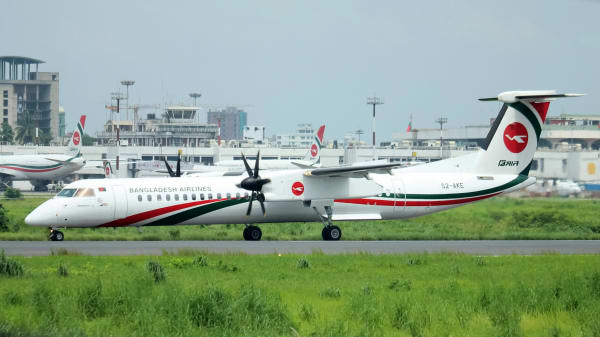Career Transitions: From Military to Commercial Aviation
Each year, many service members complete their military duties and move into civilian life. A sizable number of these veterans possess aviation experience, having served as pilots or flight engineers. Their inducation in the growing field of commercial aviation seems a natural transition. But how does one navigate the journey from the military to commercial aviation? This article will explore the process and provide a roadmap for those contemplating a career change from military to commercial aviation.
Understanding the Landscape of Commercial Aviation
The realm of commercial aviation varies significantly from military procedures. Military pilots get used to a regimented system and protocol-based decision-making, which can be quite different in the commercial scene. Below are the key distinctions between the two landscapes:
Functionality: Military aviation focuses on achieving mission-oriented tasks. Conversely, commercial aviation dedicates itself primarily to safely transporting passengers or goods.
Equipment: Military pilots often fly a range of aircraft equipped for specific missions. Commercial pilots, on the other hand, generally fly one type of aircraft equipped for passenger transport.
Regulations and Protocol: Both fields have strict regulations, but they can differ vastly. Commercial aviation follows a set of procedures and regulations different from military protocols.
Despite these differences, the skills, discipline, and experience gained in the military often serve as a strong foundation for a successful career in commercial aviation.
Steps to Transition from Military to Commercial Aviation
Transitioning from military to commercial aviation involves meticulous planning and preparation. Here are the steps that can help guide this process:
1. Obtain FAA Certification
The first step is to obtain relevant Federal Aviation Administration (FAA) certifications. This involves converting your military pilot's license to an FAA commercial pilot license. The FAA provides military competency exams, which help convert your military flight experience into commercial credentials.
2. Accrue Required Flight Time
To become an airline transport pilot, the FAA requires you to have a specific amount of flight time. This requirement can be challenging, as military pilots often do not accrue enough civilian flight hours. Though the FAA grants credits for military flight time, you might need to add some civilian flight time to meet the criteria.
3. Explore Job Opportunities
Once you've obtained the required FAA certification and flight time, it's time to explore job opportunities in the commercial sector. Some airlines directly hire military pilots, while others might require you to gain some experience in regional or small commercial airlines first.
4. Continuous Learning and Adaptation
Transition from military to commercial aviation is an ongoing learning process. The new rules, regulations, and work culture may require persistent adaptability and learning.
Challenges and Success Factors in the Military to Commercial Aviation Transition
The journey from military to commercial aviation is filled with both challenges and opportunities. Here are some common hurdles to anticipate:
Regulation differences: As mentioned previously, military and commercial aviation have different regulations. Missteps can be costly, so it's vital to familiarize yourself with all the required rules.
Cultural difference: Commercial aviation can offer a more relaxed working environment compared to the military. Navigating this culture shock might take some time.
On the other hand, your military background can also offer you certain advantages:
High-demand skills: Military pilots possess certain unique skills that are highly sought after in the commercial sector. These skills include crisis management, decision-making, and the ability to handle complex machines.
Valuable work ethic: The discipline, dedication, and punctuality ingrained in military service can be an asset in the commercial sector.
In conclusion, transitioning from military to commercial aviation is a viable path with the promise of a rewarding career. The transition does require strategic planning and preparation, but the skills and experience gained in the military could serve as robust stepping stones in this journey. There might be a few road bumps along the way. However, armed with the right knowledge and preparation, the feel of the commercial cockpit can soon become as familiar as that of the military aircraft.




